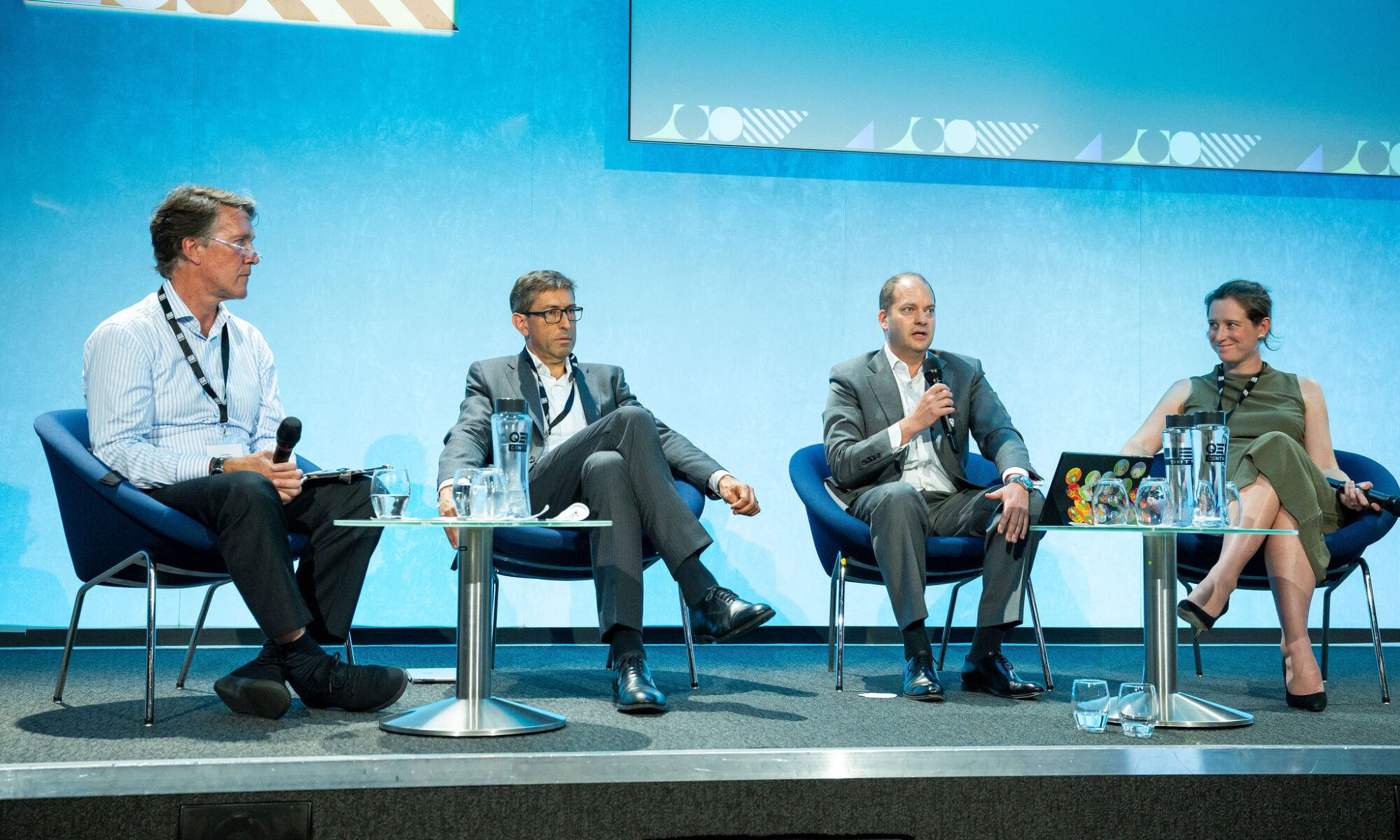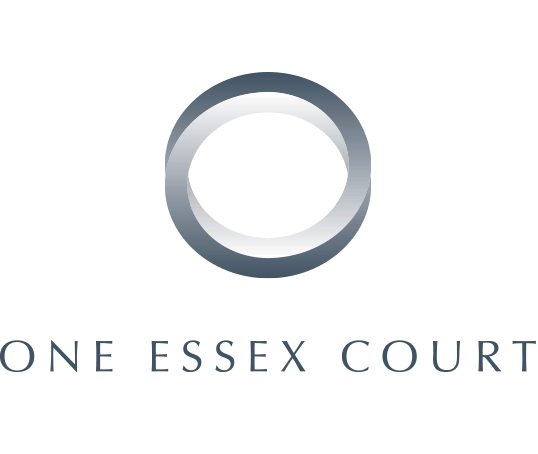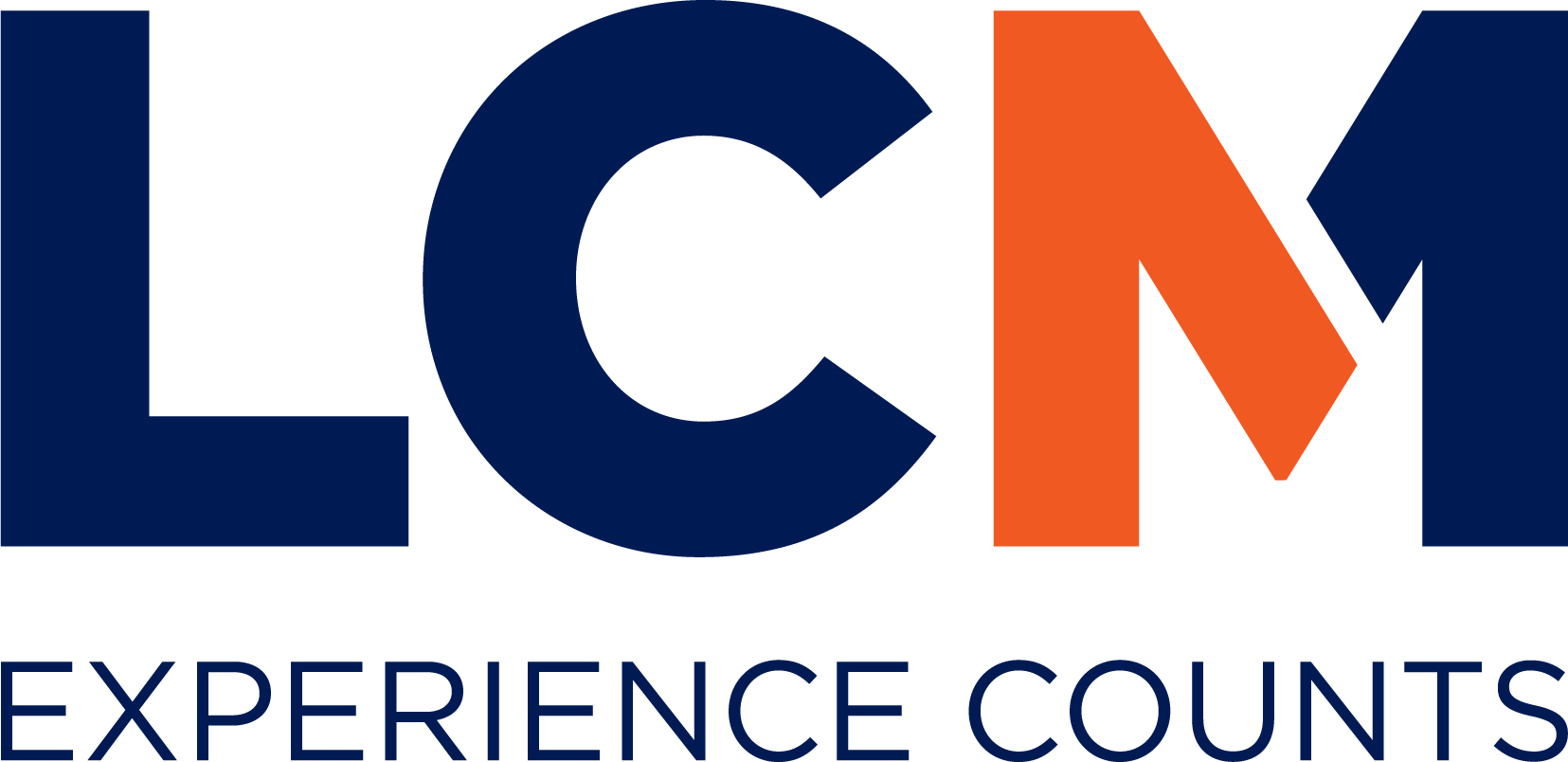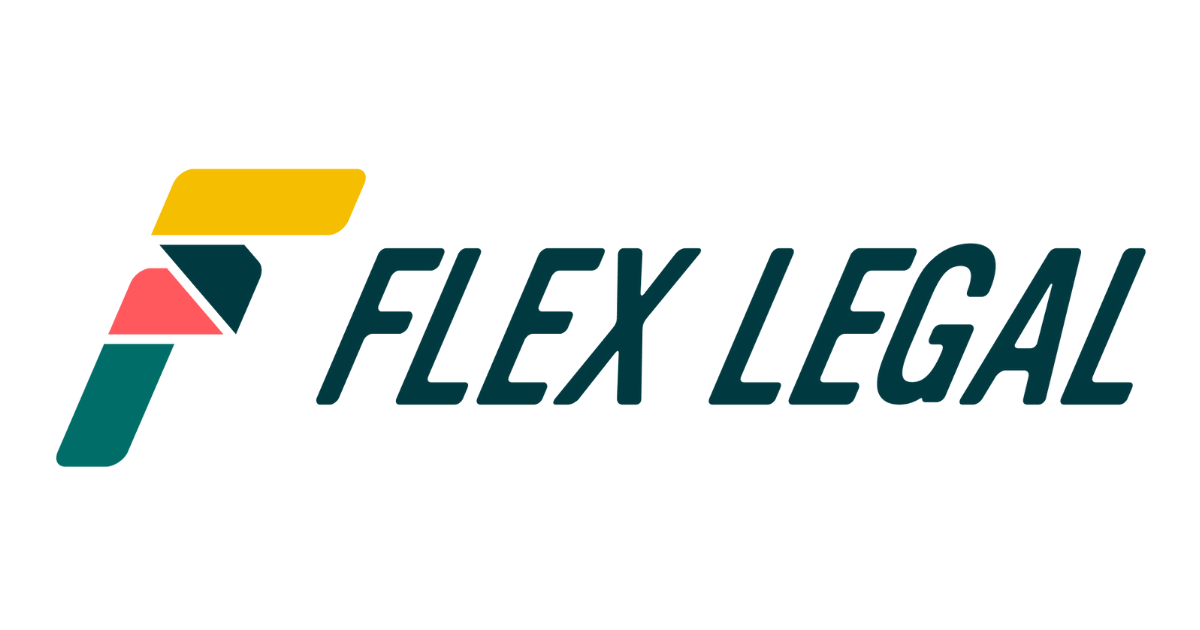Event Report
In one of London’s flagship events on contentious legal work, on the 7th of September 2023 in-house lawyers, private practice solicitors and the Bar gathered for Legal Business, The Legal 500, GC Magazine and The In-House Lawyer’s Commercial Litigation Summit. Meeting at the Queen Elizabeth II conference centre, recent developments the other side of the road in the UK Supreme Court created a backdrop for stimulating discussion.
The event was centred around hard-hitting panel discussions on key issues affecting the disputes world, from witness statements through to climate change litigation. Individual sessions were chaired by barristers chambers One Essex Court, solicitors firms Gibson Dunn, Kennedys and DAC Beachcroft, and legal tech specialists Lineal, LCM and OpenText. Networking sessions were sponsored by Acolad Legal, Flex Legal and the event’s official app was sponsored by The Legal 500’s Country Comparison Guides.
After opening remarks from editor-in-chief of Legal Business Mark McAteer, the first panel by One Essex Court entitled “Rebooting commercial disputes – a practical guide”, moderated by Anna Boase KC of the set, covered many of the day-to-day practical challenges in running a commercial dispute today, including disclosure orders from personal mobile devices. One subject of discussion Phones4U case’s new jurisprudence on the disclosure of work-related messages on personal devices, which includes a test balancing the interests of the litigants and the privacy rights of the device’s owner. Elaine Penrose from Hogan Lovells discussed the consequences on this in the financial services sector in the US, where regulators have taken a singularly dim view of the use of private devices, despite in many industries individuals treating their clients as their friends. Catherine Naylor of Gowling WLG discussed the risks of remote working, and the lack of face-to-face interaction, suggesting that post-Covid conversation habits, with solicitors moving away from telephone calls in general working practices, increased conflict in terms of disclosure with courts being forced to adjudicate on matters that, if handled verbally, would have seen the relevant solicitors come to agreement without the court’s involvement.
The second session moved on to the question of witness statements. Chaired by Gibson Dunn of counsel Jonathan Griffin, the all-silk panel of his colleague Lord Charlie Falconer KC and Brian Kennelly KC of Blackstone Chambers discussed the new practice direction 57AC on trial witness statements, refocussing statements away from being vehicles for narratives and legal submissions. “The courts will fall on some unfortunate litigant at some point” warned Lord Falconer in terms of the degree of support law firms can provide to their witnesses, who should be careful to ensure that only fully-qualified solicitors take statements – “you will be vulnerable if trainees or paralegal take witness statements – there will be privilege issues in relation to this”. Questions from the audience centred on speculation if this was a step in the direction towards American-style depositions.
After a networking coffee break, Kennedys sponsored the third session of the morning, concerning internal investigations. Chaired by Ben Aram, global head of commercial disputes at the firm, his colleagues Kavan Bakhda and Carlyn Weale, as well as Gary Foster from Alvarez & Marsal. Documents – privilege and preservation – and witness interviews were the key subject matter of this lively discussion. Foster, from Alvarez & Marsal, identified the broader shifts in how data is used, covering the challenges of running cross-border investigations using personal devices, as well as the challenges for running investigations into technologically-aware employees, including when the IT department themselves are under investigation. Weale discussed the risks for general counsel caught in the crossfire of internal disputes within a company, stressing the responsibility for them to act in the interests of the company and not to descend into the arena on behalf of one of the warring factions.
The next session, the final one before the lunch break, chaired by Brain Stempel of Lineal, featured a panel of solicitors with discussed edisclosure campaigns, and the future of the technology. Johnny Shearman, a practice group attorney, from Greenberg Traurig, Karyn Harty – Dentons’ head of litigation in Dublin, Christopher David from Clifford Chance and Michael Fletcher from Pinsent Masons. Key issues included the use of abuse and emojis within organisations, and how they may be interpreted by disclosure tools and opposing counsel, as well as the myriad ways people in various organisations communicate using instant messenger services such as Microsoft Teams in the post-COVID workplace.
After a break for networking and lunch, the day’s events turned to mega-cases. Sponsored by litigation funders LCM and chaired by its own Hugo Marshall, the next panel also featured 3VB’s Hannah Glover, Fiona Gillett from Stewarts, and from the world of accountancy Colin Diss from Grand Thornton and Sandy Cowan from Mazars. Multi-claimant disputes, generally with funding attached. Diss focussed on the context of insolvency, and the need to get appropriate early advice. Sandy Cowan, focussed on the quantum side of things, and the need to get accurate information early on. Fiona Gillett concentrated on the needs to select issues to advance carefully for effective case management.
Data returned to the table with the interface of data and disclosure, with Tom Gricks’ leading OpenText’s session on managing cost, risk and time in the disclosure process. Kash Balogun – who long before his career as a solicitor took him to Keystone Law was a document review paralegal, Tom Frapwell from Osborne Clarke and Clarissa Coleman from DAC Beachcroft discussed the use of predictive coding and the combination of AI and junior lawyers, as well as OpenText’s Recon Analytics Investigative Review (RAIR) strategy.
In the final session, the event concluded on a green note, focussing on ESG litigation. Laura Berry from DAC Beachcroft chaired a panel featuring two silks – Laurence Emmett KC from One Essex Court and Daniel Saoul KC from 4 New Square – as well as Jack Naylor from Jersey based impact litigation funder Aristata. Daniel Saoul KC identified the distinctions between climate change cases and other environmental claims more connected to mass torts. One key issue was costs risk, in particular in the light of the Clientearth v Shell case appearing to close the door on company law-based arguments from small shareholders concerned about Net Zero.
Legal Business, The Legal 500, GC Magazine and The In-House Lawyer would like to thank all those who attended this in-person event, and all those sponsors and panellists who contributed to an excellent day of insight and networking.









